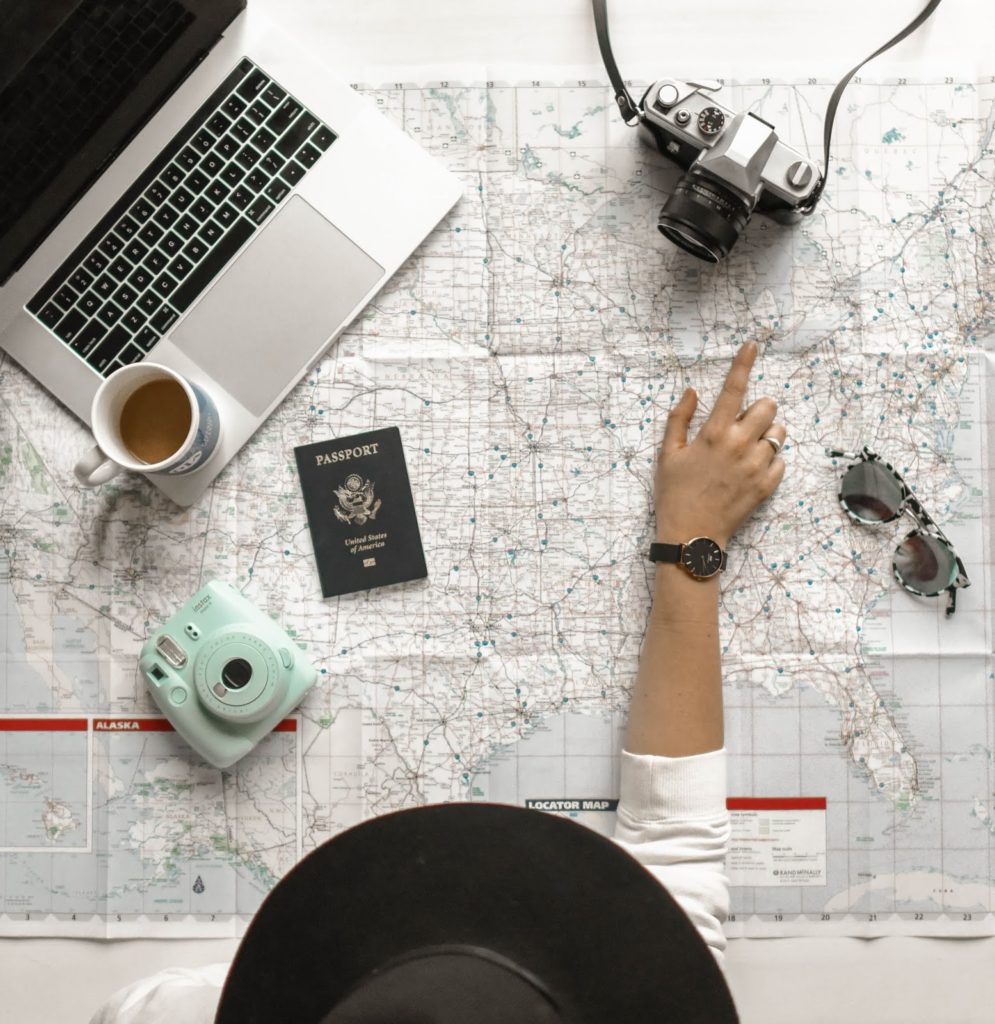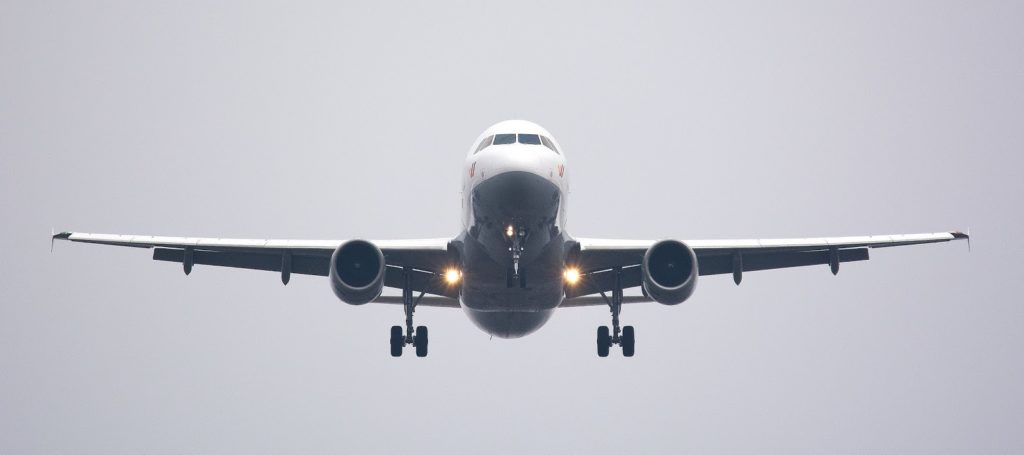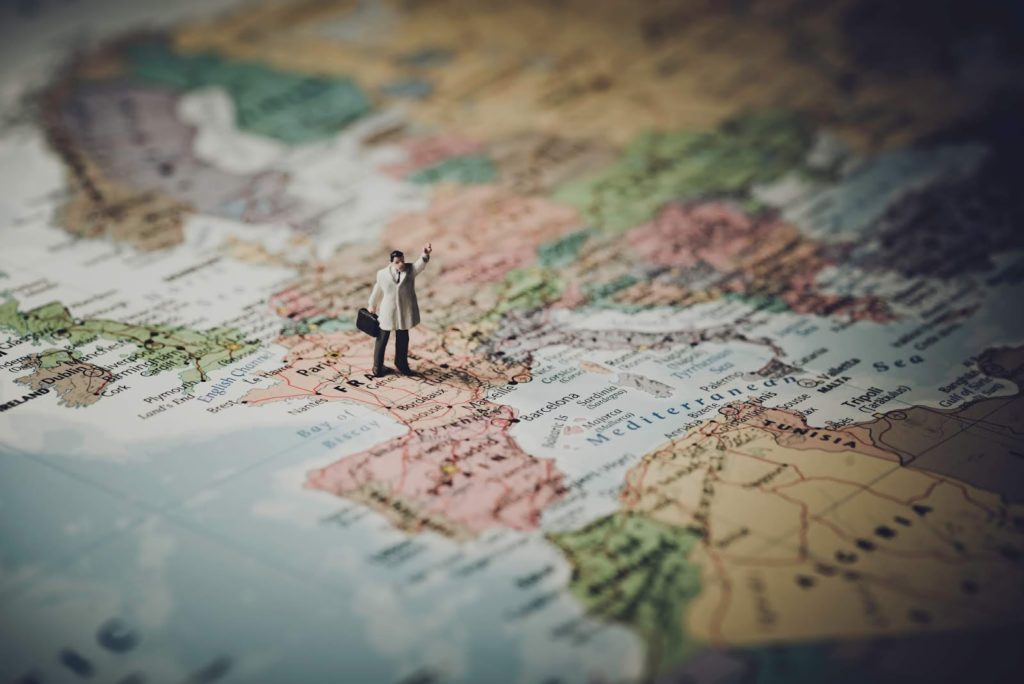
Gap years can be daunting for a lot of reasons. There’s the logistical planning, the being alone and independent for the first time in a foreign country, the language barrier and the packing list, and, most essentially, there’s the budget.
Before and after my gap year, when I would tell people about it, I would often get the response, “Oh, I wish I could do that but there’s no way I can afford it” or, “my parents don’t make enough to help me with that.” I would always respond too quickly and defensively with, “I paid for it by myself actually, and the entire year cost less than $5000.” I tell them a bit too proudly how I saved my money from my job at the climbing gym for 3 years and how I spent my summer nannying and dog sitting to afford it. So yes, saving and hard work is important, but, you really don’t need that much money to have an amazing gap year.
During my gap year, I went to a total of 8 countries, and did everything from crashing with friends, to work exchange, Airbnbs, hostels and hotels. My money actually stretched farther than I had expected, and I was able to eat out often, splurge on gifts, and even pay for tours and things, all while having rich and authentic experiences everywhere I went. Here’s how I kept my costs down without sacrificing on the experience.

First: Flights!
One of the biggest expenses of your trip will be flights. To find cheap fights you have to be A) vigilant and B) flexible.
I used multiple flight platforms but skyscanner.com and kayak.com were my favorites. AirTreks gives a discount to Travel Access Project Grant recipients. There’s a lot of tips and tricks to finding cheap flights but here are the basics:
1) The earlier the better!
It’s not worth the gamble of hoping that the price will drop last minute, and it hardly ever does. Three to seven weeks in advance is best.
2) Middle of the week is often cheaper.
Statistically, Tuesday and Wednesday are the cheapest days to travel, but that’s not a hard and fast rule so check every day of the week.
3) Check often!
Flights are always changing. Start checking 3 months in advance, and write it down so you can follow trends. Check every couple of weeks so you get a good idea of what the price should be, and swoop when you find something convenient and inexpensive.
4) Check with different computers.
Websites now monitor your search history and will pump out advertisements based on what you’ve been looking at recently. Try a friend’s computer who doesn’t search for flights and see if the prices are the same. You might be surprised.
“To find cheap flights I had to be A) vigilant and B) flexible.”
5) Don’t forget about extra fees.
This one always gets me. Sometimes you find a flight that is a hundred dollars cheaper than everything else for some reason. Then when you go and check out, there’s $30 in service fees and a $60 carry-on fee. Just be ready and do the math!
6) Be stingy but remember that one less layover is worth the extra 10 bucks.
Look, it’s okay to be stingy, that’s the whole point right? But if the difference is a few bucks and you save 8 hours, it’s definitely worth it.
7) Take it one or two fights at a time.
Plans will change as you go so you want to stay flexible. There’s nothing worse than having to catch a flight out when all your friends are camping in the desert that weekend and you’re going to miss it.

Second: Accommodation!
There are a lot of ways to keep accommodation costs down. In fact, I hardly ever paid for hotel rooms while traveling and if I did it was never full price.
First, think about who you know. Do you have any family anywhere? Distant relations possibly, friends of friends? Even if it’s just another state, it’s worth reaching out. It’s a new place and a cool experience and might not be that far from other interesting places, like quirky towns, big cities or national parks, beaches and mountains. It might feel weird if you don’t know them well but most people are more than excited to host and you’ll be happy that you strengthened the connection.
While I was traveling, I stayed up with family friends in France that I met during a summer exchange program, close and distant relations in Mexico, and second-cousin’s of my boyfriend’s that he had only met once in his life in Canada. All of them were incredible experiences, everyone was so kind and welcoming despite the lack of previous connection.
The second thing that I highly recommend to keep accommodation (and food!) costs down and to have authentic, cultural experiences is to use a work exchange platform like workaway.info or WWOOFing. These websites connect hosts with people who are willing to work in exchange for food and accommodation. I used Workaway while in Egypt and Mexico, and here’s what I learned:
1) The better hosts are booked out 2 to 5 months in advance, so start early and be vigilant.
2) Check reviews and look for people with quick reply rates, these really do matter. Some people will leave you waiting for months before getting back to you.
3) Sell yourself! You’re applying for a job so be professional and prompt.
4) Make sure your host speaks your language so there aren’t any miscommunications, and if you’re nervous about meeting strangers in a foreign country, maybe stick with Europe, Canada, and US for your first Workaway experience.
5) Workaway costs $38 per year. You can still research hosts without paying but you can’t contact them until you have.
If you can’t get free accommodation, you can still be cheap with hostels or airbnb’s instead of hotels. Hostels are usually group-centered accommodation, but you can find singles as well. Bathrooms are often shared as well as kitchen facilities. Compare prices because sometimes hotels are cheaper than hostels in third-world countries. Adjust for your needs, group size, and budget. Download the Hostelworld app to find hostels in any city and for easy price-comparison.
Airbnb is a platform that connects people who have anything from a spare bedroom to an entire house available to rent on a short term basis to people who need a place to crash. There’s a huge range of prices and no matter what you’re looking for you’ll probably find it on Airbnb.
If you want FREE free, try couchsurfing.com. This platform connects people who want to meet people. Just people with couches or even beds who are willing to share. It’s more of a short-term deal, and though I didn’t do it, I had a friend who tried it New York, and got to stay with everybody from a shoe-box apartment in Brooklyn to millionaires’ lofts in Manhattan. Definitely worth checking out if you’re an experienced traveler.
Tips for accomadation:
1) Price point.
Every country will have different costs and different ranges of costs. Do your research before you go so you don’t get blindsided.
2) Location location location.
Typically, the farther from the center of the city, the cheaper the hotel. But then you have to factor in costs of transportation. Find out if you can catch a cheap bus or subway into downtown or if your hosts will lend you some bikes, but if not, you might have to be prepared to pay more to be in walking distance of all the sights.
3) The more the merrier!
Split costs by traveling in groups. You’ll find people along the way, maybe their flexible, maybe you’re flexible, or maybe you both happen to be going to the same country or continent. Either way, if your schedules align and you both think you can live with each other for a couple weeks, you could seriously save costs. A couple is great, but a lot of travelers swear by four as the magic number. You can grab a hostel, hotel, or airbnb to yourselves and split the costs 4 ways!

Third: Extra money!
Even if you can’t seem to save up enough before the trip, there are still lots of options. You can get a work visa, and actually work in another country and earn money and meet locals and have an incredibly rich experience all the while getting paid for it! Australia and New Zealand are super friendly for Americans looking for work. A lot of the jobs you’ll find are agricultural, from berry-picking to dairy farms, but the pay is great and you can work for a few months and then travel around the country for the rest! Follow this link to apply for the Australian Holiday Work Visa and this one for New Zealand. There are few different criteria you need to to check to qualify but just remember to apply early – 3 to 6 months in advance – and read the details of the visa and you should be good.
One of the ways I was able to afford my trip was with a gap year scholarship. Yes, that’s a real thing. I applied for the Travel Access Project Grant or TAP Grant the summer before my trip, had an interview, and a couple months later, to my surprise and elation, got a check in the mail. I had already made enough to make a trip work, but just. Now I had enough for travel insurance, extra-curriculars, a few more meals out– as well as support, resources, and a community of other gap year kids to connect with. It’s a really incredible organization and I encourage everyone to apply, though I wouldn’t depend on it to fund your gap year. Here’s the link: TAP Grant.
The priority of my gap year was to have authentic and enriching cultural experiences. I wanted to get to know people that actually lived there and live with them. I worked hard to learn their languages and to enjoy the simplicities of their real life. This also happened to be a cheaper option than taking the tourist-y route, but I was pleasantly surprised to find out that I had enough to do some of that stuff too. It all depends on what kind of experience you’re looking for. If you’re looking for the real stuff, you definitely can make it happen, and without it costing a pretty penny.
